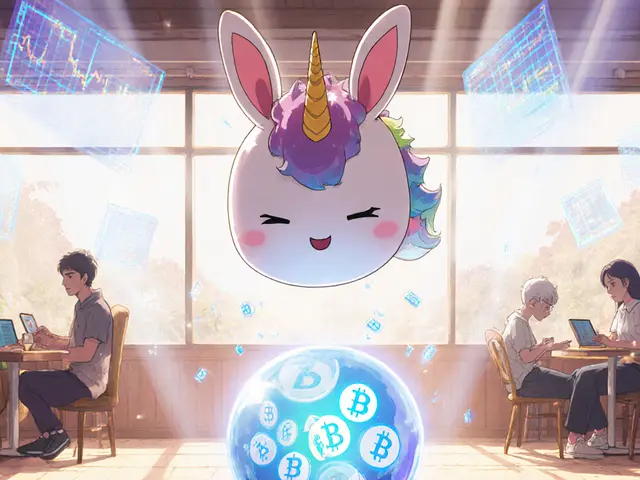NFT Ticketing Platforms
When working with NFT ticketing platforms, digital services that tokenise event tickets on a blockchain. Also known as crypto ticketing, they let organizers issue, track and verify entry rights without paper.
At the heart of every platform is an NFT, a non‑fungible token that represents a unique asset. Unlike a regular cryptocurrency coin, each NFT carries its own metadata – seat number, event date, holder’s address – making it perfect for tickets. The underlying blockchain, a decentralized ledger that records every transaction permanently provides the immutability needed to stop counterfeit tickets. These platforms rely on smart contracts, self‑executing code that enforces ticket rules like transfer limits and sale royalties to automate the whole lifecycle.
Why Event Organizers Are Switching
First, security jumps dramatically. Because each ticket lives on a tamper‑proof ledger, fraudsters can’t print duplicate copies or alter QR codes. Second, resale becomes transparent. A smart contract can embed a royalty clause so the original promoter gets a cut every time the ticket changes hands, discouraging scalping and creating a new revenue stream. Third, data collection is richer. Every transfer or check‑in writes an on‑chain event, giving organizers real‑time insights into attendee demographics, geographic spread, and even secondary‑market pricing trends.
Fans also win. With a single crypto wallet, they hold proof of purchase, can trade tickets instantly on secondary markets, and enjoy automated refunds if an event is cancelled – all without contacting a customer‑service hotline. Because the ticket is an NFT, ownership is provable without relying on a centralized database, which means no more lost email confirmations or forgotten passwords.
Implementing such a system does require a few skills. Developers need to understand token standards like ERC‑721 or ERC‑1155, which define how NFTs behave on Ethereum‑compatible chains. Event teams must decide whether to use a public blockchain for maximum transparency or a private/permissioned chain for lower fees and faster confirmation times. Wallet integration is another piece: the platform should support popular wallets (MetaMask, Trust Wallet) and possibly offer a native mobile app for non‑technical users.
Cost considerations matter too. While minting an NFT on a high‑traffic network can be pricey, many platforms offset fees by batching ticket creation or using layer‑2 solutions such as Polygon or zk‑Rollups. Some services even bundle gas‑less minting into their pricing, letting organizers focus on the experience rather than the mechanics.
If you’re curious about how NFT ticketing platforms can reshape your next concert, keep reading. Below you’ll find a curated mix of deep dives, how‑to guides and real‑world case studies that cover everything from token standards and smart‑contract design to security best practices and market analysis. Whether you’re an event promoter, a developer, or a fan exploring the future of access, the articles ahead will give you actionable insights and concrete examples to help you navigate this fast‑evolving space.
Top NFT Ticketing Platforms & Solutions in 2025
Explore the 2025 landscape of NFT ticketing platforms, compare top solutions, learn how they work, and get a step‑by‑step guide to launching secure, collectible event tickets.





